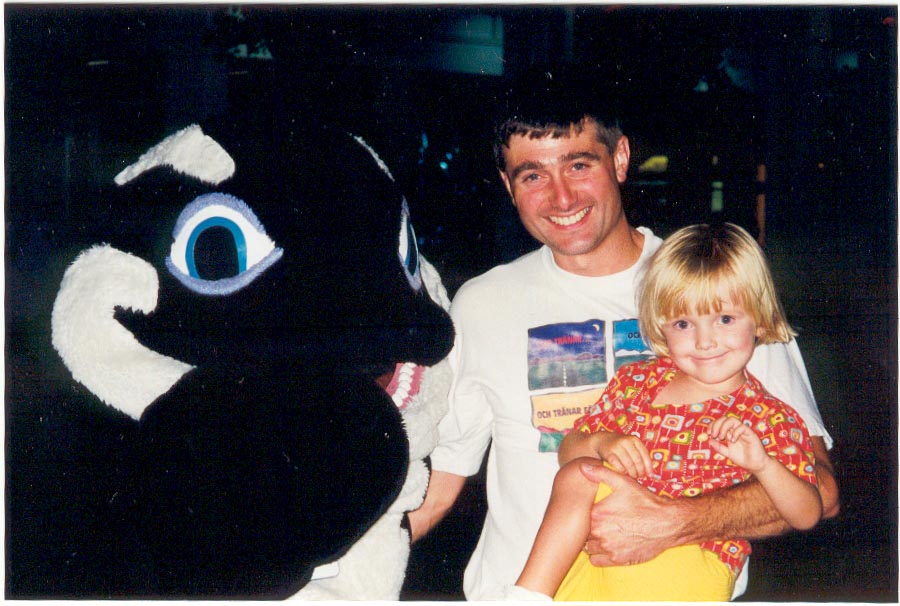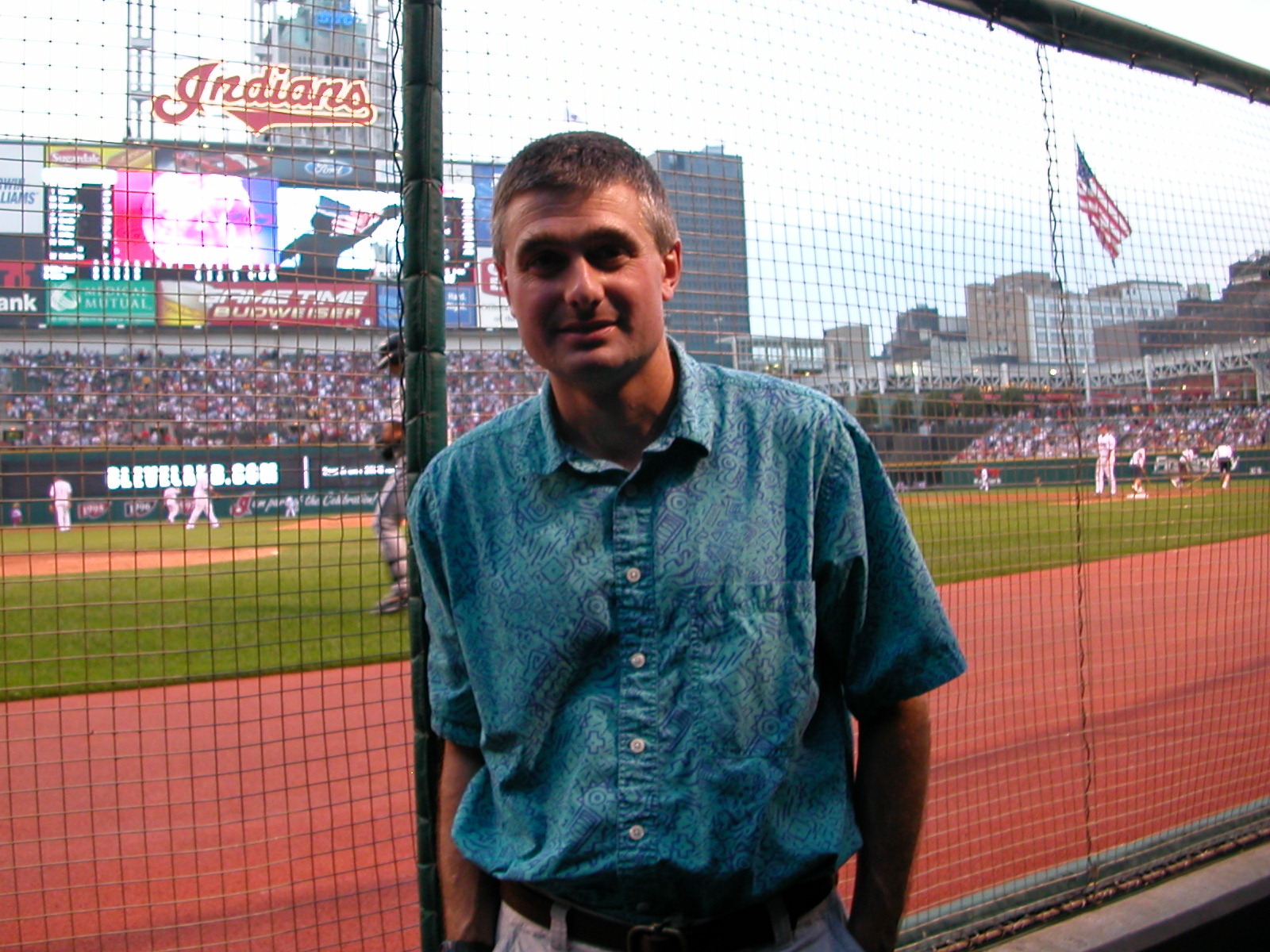
Keith Downing
Professor of Artificial Intelligence
Department of Computer and
Information Sciences
The Norwegian University of Science and Technology
Trondheim, Norway
..and associated with...
Department of Neuroscience
Oberlin College
.. and also with ...
The Norwegian Open AI Lab (NAIL)

Teaching
Research
Miscellaneous
- Background
- Full resume (pdf)
- IDI Intranet
- Sharepoint
- Inspera
- Innsida
- DFØ
- UNIT4
- Blackboard
- Printer
- Panopto
- Downloads
Contact Info
Keith Downing
Dept. of Computer Science
NTNU
NO-7491
Trondheim
Norway
email: keithd (at) ntnu.no
(+47) 73 59 02
71
(tele)
Office Hours (Spring 2024): Fridays 11:00 - 16:00 (Send email ahead of time, as I may be out of town and will then take all meetings online).
My primary interests are in artificial life (ALife), artificial intelligence (AI), and computational neuroscience. Within these areas, my research focus is on trying to understand the evolution, development, learning and general functionality of neural mechanisms and to then design useful abstractions of them to enhance AI systems.
I majored in mathematics at Bucknell University before AI caught my eye and led to a PhD in computer science at the University of Oregon. During that period, I was fortunate to be involved with computational modelling of the cardiovascular system and thus to see concrete links between mathematics, computer science and biology. To this day, I seek that integration in as much of my research and teaching as possible.
The fields of evolutionary computation (EC), artificial neural networks (ANN), and artificial life (ALife) provide the perfect arena for those interests: EC applies the metaphor of Darwinian evolution to computational problem solving, while ANNs incorporate neuroscientific findings into distributed computing networks, and ALife explores the living aspects of all systems, both biological and purely physical or computational.
ALife is grounded in the concept of emergence, and 20th-century neuroscience research has revealed that intelligence is an emergent phenomena from the local interactions of numerous neurons. The attempt to understand this hierarchy of interactions - and how it arises on both developmental and evolutionary time scales - has become a central goal of my research. We pursue this via the simulated evolution of genomes that function as recipes for the developmental growth of neural networks. These ANNs are then inserted as controllers into simple simulated organisms that undergo natural selection. These artificial systems are complex, but you'll be hard pressed to find more exciting combinations of biology and computer science!
My Books
Intelligence Emerging (2015), MIT Press
Gradient Expectations (2023), MIT Press This one has Open Access Availability -- just search for the title.


